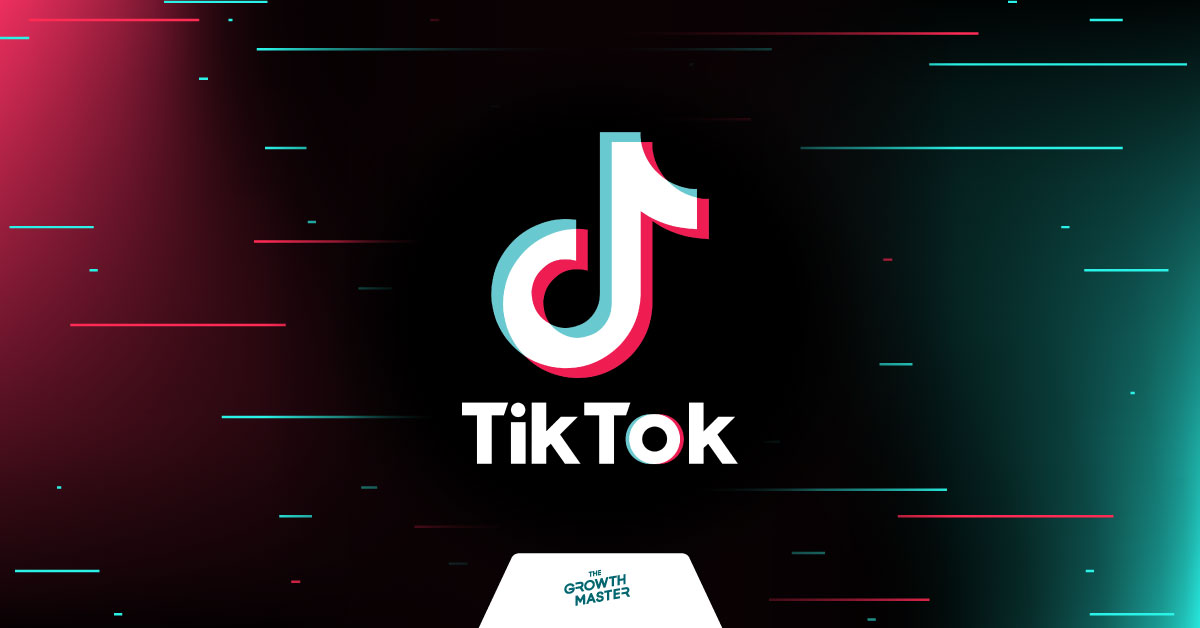Introduction to the Controversy
The world of social media is ever-changing, and TikTok has found itself at the center of a heated debate. Recently, the platform made headlines by banning teens from using beauty filters. This move has sparked conversations about authenticity, self-image, and the pressures young users face online. As teenagers navigate their digital identities, this decision raises critical questions: What does it mean for their self-esteem? Are we finally prioritizing genuine connections over curated perfection? Let’s dive into this controversy and explore its implications in today’s digital landscape.
Understanding TikTok’s Decision
TikTok’s decision to ban beauty filters for teenagers has sparked a significant conversation. The platform aims to create a healthier online environment by limiting the use of tools that can distort self-image.
This move aligns with growing concerns about mental health among young users. Studies show that constant exposure to unrealistic beauty standards can lead to anxiety and depression.
By restricting access, TikTok is prioritizing authenticity over perfection. It encourages teens to embrace their natural looks rather than striving for an idealized version of themselves.
The platform’s focus on genuine content reflects wider societal shifts towards body positivity and acceptance. In doing so, it hopes to foster a community where creativity thrives without the pressure of filters dictating self-worth.
The Impact on Teenagers
The recent ban on beauty filters by TikTok has stirred a mix of reactions among teenagers. Many young users have relied heavily on these features to enhance their appearance and fit into the social media landscape.
Without these filters, some teens may feel vulnerable or exposed. The pressure to look perfect online is immense, and this change disrupts that illusion.
On the flip side, it could encourage authenticity. Teens might learn to embrace their natural looks and develop confidence without digital enhancements.
This shift could foster deeper connections based on reality rather than an edited facade. It opens up conversations about self-image that many have avoided until now.
As teenagers navigate this new normal, they may find freedom in being themselves—something that can be liberating in a world obsessed with perfection.
Alternatives to Beauty Filters
As TikTok bans teens from using beauty filters, many are left wondering how to navigate their online presence. Fortunately, there are several alternatives that promote authenticity.
One option is to embrace natural lighting and angles. Good lighting can enhance photos without altering appearance. Experimenting with different backgrounds can also add a unique touch.
Another idea is to explore creative makeup looks instead of relying on digital alterations. Makeup tutorials abound on platforms like YouTube and Instagram, offering guidance for those looking to express themselves artistically.
Using editing apps that focus on enhancing rather than distorting reality can be beneficial too. These tools allow users to adjust brightness or contrast while maintaining their true selves.
Fostering a community of genuine interactions encourages confidence among peers. Sharing unfiltered moments creates an environment where everyone feels valued for who they truly are.
Discussion on Body Image and Self-Esteem
Body image and self-esteem are intricately linked. How we perceive ourselves can significantly influence our mental health.
Social media platforms like TikTok often amplify insecurities. Teens may feel pressured to conform to unrealistic beauty standards set by influencers and peers alike.
With the recent ban on beauty filters for teens, a shift in this narrative could emerge. This policy might encourage young users to embrace their natural appearance rather than hide behind digital alterations.
Authenticity is powerful. When teenagers learn to appreciate their true selves, it fosters resilience against negative societal pressures.
Open conversations about body image are crucial. Encouraging discussions can help dismantle harmful stereotypes and promote positive self-worth among adolescents, allowing them to thrive both online and offline.
Tips for Parents and Guardians
Encourage open conversations about social media. Discuss the reasons behind TikTok’s decision to ban beauty filters for teens. This can help them understand the significance of authenticity.
Set boundaries around app usage. Consider implementing screen time limits or specific times when social media is off-limits. This promotes healthier habits and reduces reliance on digital validation.
Help your teen explore their self-image positively. Suggest activities that boost confidence, like sports, art, or community service. Building skills outside of social media fosters a sense of worth beyond online appearances.
Promote critical thinking regarding online content. Teach them to analyze what they see on platforms like TikTok. Discuss how filters can distort reality and impact perceptions of beauty.
Lead by example in your own use of technology and self-presentation. Show them that real-life interactions matter more than virtual ones and encourage genuine connections with others.
Conclusion: Promoting Authenticity and Confidence in the Digital Age
The digital landscape is ever-evolving, and platforms like TikTok are at the forefront of these changes. By banning beauty filters for teenagers, TikTok is taking a stand to promote authenticity and realness among its young users. It’s a bold move that signals an industry shift towards valuing natural beauty over enhanced images.
This decision opens the door for meaningful conversations about body image, self-esteem, and mental health. Encouraging teens to embrace their true selves can foster confidence that lasts beyond the screen. In this age of polished social media personas, being genuine becomes revolutionary.
As parents and guardians navigate these platforms alongside their children, they play a crucial role in supporting healthy interactions with technology. Open discussions about self-image can help teens feel valued for who they are rather than how they appear online.
Fostering an environment where authenticity reigns supreme allows our youth to thrive in the digital era without compromising their sense of self-worth or identity. Embracing who we truly are is not just liberating; it also lays the groundwork for a generation full of confident individuals ready to face both online challenges and real-world situations with pride.





